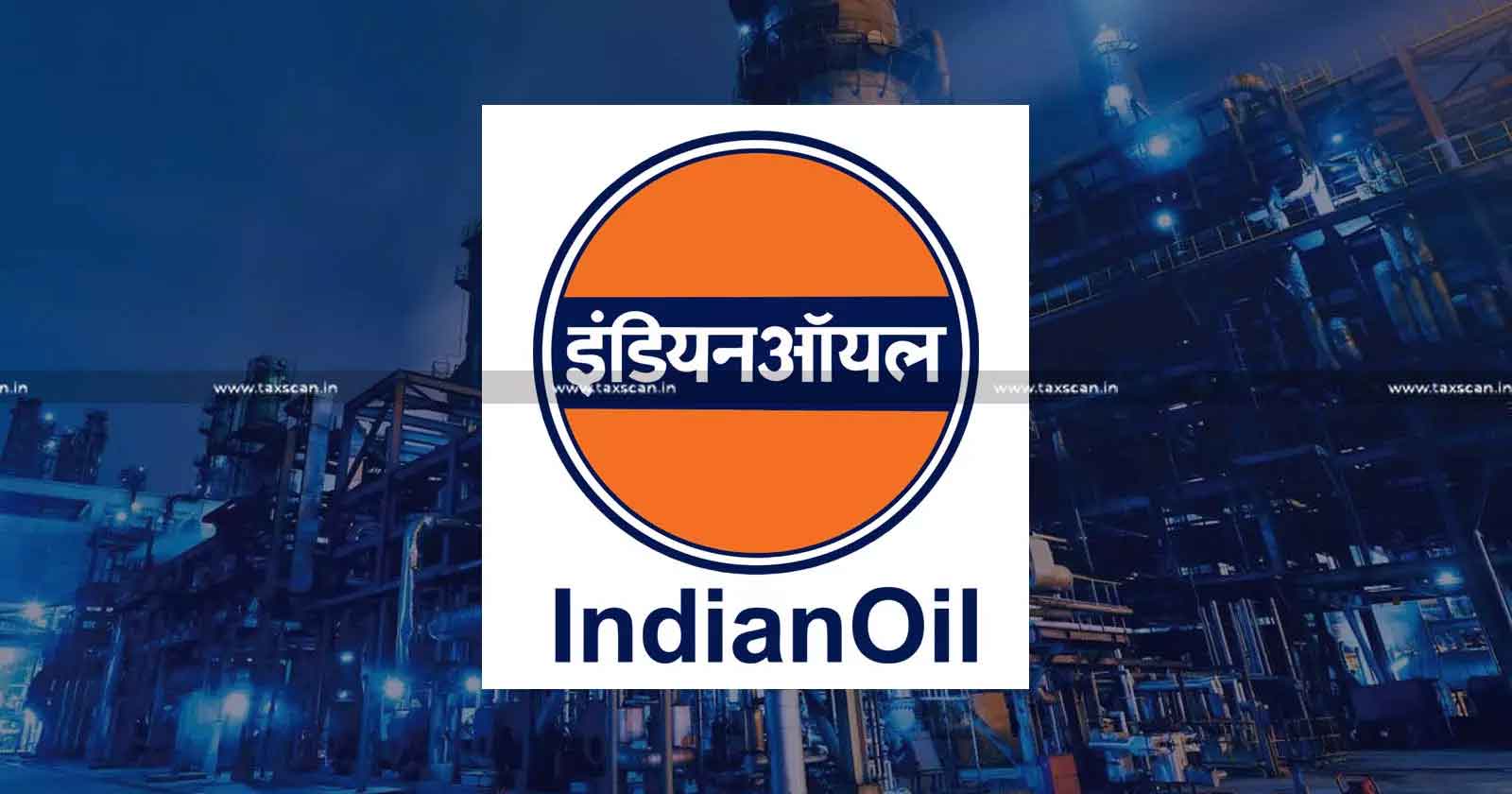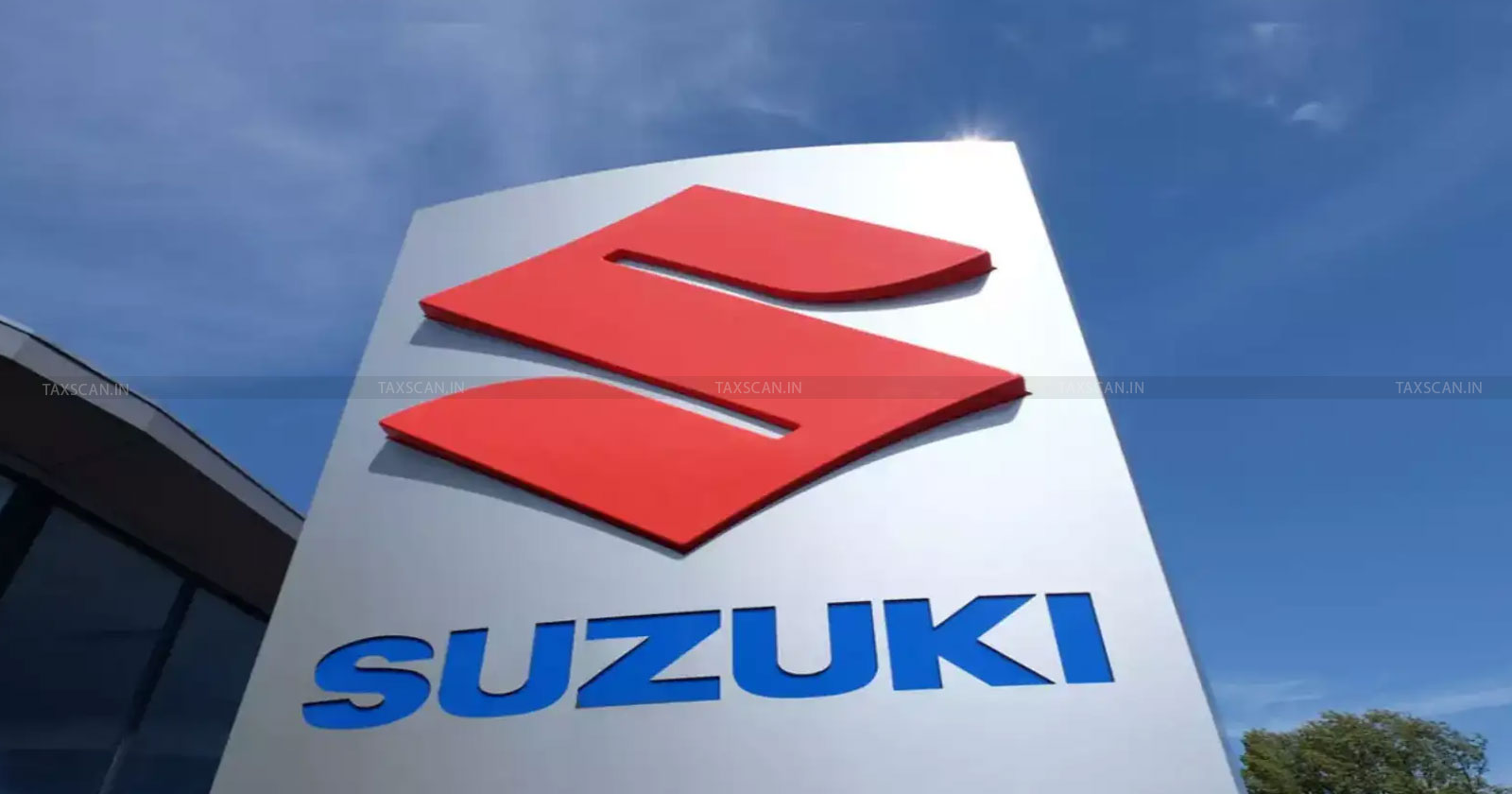Setback for Pigeon India: CESTAT rejects ₹17.25 Lakh Excise Duty Refund for Not Challenging Self-Assessment [Read Order]
CESTAT dismissed Pigeon India’s Rs. 17.25 lakh excise refund claim, ruling it was not maintainable without challenging the original self-assessment
![Setback for Pigeon India: CESTAT rejects ₹17.25 Lakh Excise Duty Refund for Not Challenging Self-Assessment [Read Order] Setback for Pigeon India: CESTAT rejects ₹17.25 Lakh Excise Duty Refund for Not Challenging Self-Assessment [Read Order]](https://images.taxscan.in/h-upload/2025/08/13/2076466-setback-for-pigeon-india-pigeon-india-cestat-taxscan.webp)
The Allahabad Bench of the Customs, Excise, and Service Tax Appellate Tribunal (CESTAT) ruled that a refund claim for excess excise duty is not maintainable unless the underlying self-assessment is first challenged through appropriate legal channels.
Pigeon India Pvt. Ltd., the appellant, is engaged in the manufacture of products such as glass bottles, baby soaps, and other baby care items. The appellant filed a refund claim of Rs. 17,25,830 under Section 11B of the Central Excise Act, 1944, stating that excess duty was paid at the time of clearance of finished goods between July and November 2015.
 Also Read:Relief for Indian Oil: CESTAT Holds No Service Tax Payable on Reimbursable Expenses Incurred for CISF Security Services [Read Order]
Also Read:Relief for Indian Oil: CESTAT Holds No Service Tax Payable on Reimbursable Expenses Incurred for CISF Security Services [Read Order]
The adjudicating authority allowed the refund but the revenue appealed before the Commissioner (Appeals), who allowed the revenue’s appeal and rejected the refund claim on the ground of unjust enrichment. The appellant challenged this decision before the Tribunal. The Tribunal remanded the case to the Commissioner (Appeals) to consider the judgment of the Gujarat High Court in Ashish Metal Rolling Mills.
Understanding Common Mode of Tax Evasion with Practical Scenarios, Click Here
On remand, the Commissioner (Appeals) again allowed the revenue’s appeal and rejected the refund. Aggrieved by this, the appellant once more approached the Tribunal.
The appellant's counsel argued that the refund claim was rightly allowed by the adjudicating authority after due verification. The counsel submitted that the goods were sold at a pre-agreed price which did not include excise duty and was lower than the MRP.
The counsel also referred to the balance sheet, ledger account, and a certificate issued by a Chartered Accountant showing the excess duty as recoverable from the government. The counsel submitted that there was no unjust enrichment and relied on decisions such as Aquasub Engineering and Metro Tyres Ltd.
 Also Read:Relief for Suzuki: CESTAT Rules Excess Transit Insurance Charges Collected Excluded from Assessable Value, Not Liable to Excise Duty [Read Order]
Also Read:Relief for Suzuki: CESTAT Rules Excess Transit Insurance Charges Collected Excluded from Assessable Value, Not Liable to Excise Duty [Read Order]
The revenue counsel argued that the appellant had not filed any appeal against the self-assessment under which the duty was paid. The counsel further argued that refund proceedings cannot be used to modify self-assessment, as clarified by the Supreme Court in ITC Ltd.
Understanding Common Mode of Tax Evasion with Practical Scenarios, Click Here
The revenue also argued that the Chartered Accountant’s certificate was generic and unsupported by primary documents such as invoices. They argued that under Section 12B of the Central Excise Act, there is a statutory presumption that the duty is passed on to the buyer, and this presumption was not rebutted.
The single-member bench comprising Sanjiv Srivastava (Technical Member) observed that under the Supreme Court decision in ITC Ltd., refund claims are not maintainable unless the self-assessment order is first challenged and modified through proper legal proceedings.
The tribunal pointed out that refund provisions are in the nature of execution and do not permit reassessment of duty. The tribunal explained that once the self-assessment stands, it cannot be reopened through a refund claim.
The tribunal also examined the Chartered Accountant’s certificate submitted by the appellant. It observed that the certificate did not provide cost details or supporting evidence to prove that the burden of duty was not passed on.
The tribunal pointed out that such a certificate without corroborative documents like invoices or cost data is not sufficient to rebut the statutory presumption of unjust enrichment. The appellant’s appeal was dismissed.
Support our journalism by subscribing to Taxscan premium. Follow us on Telegram for quick updates


